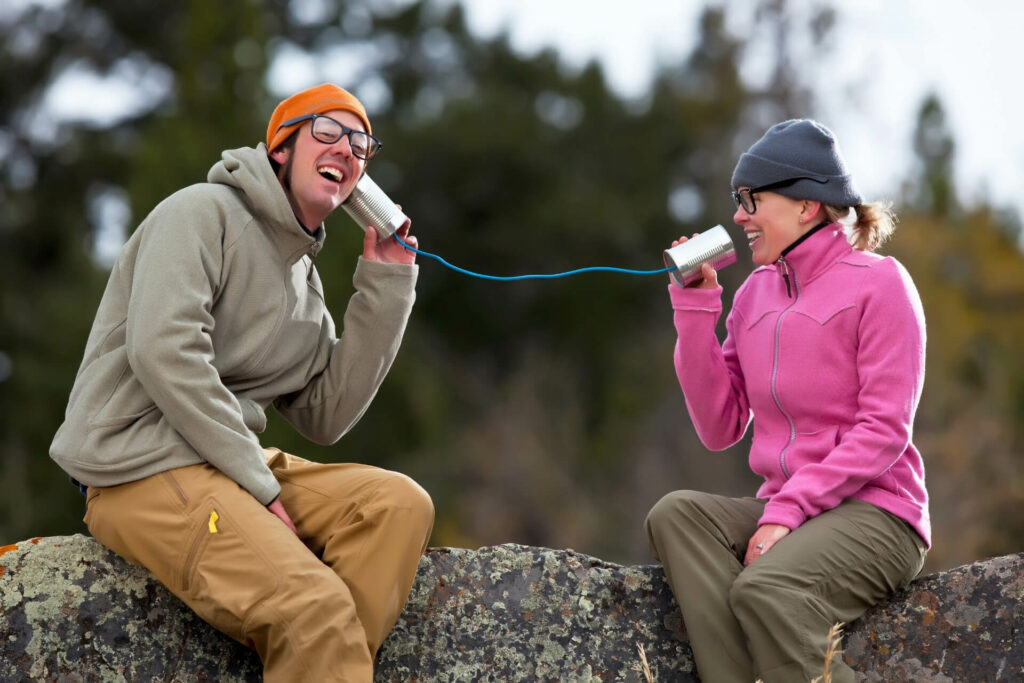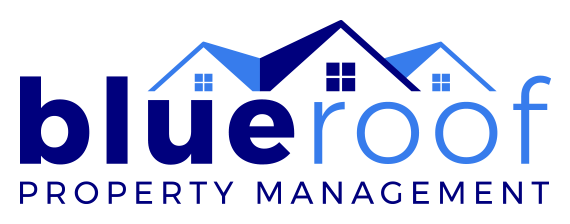6 Tips for Effective Landlord-Tenant Communication
Embarking on a relationship with a new tenant is like starting a new friendship. Communication that is transparent, honest, and respectful is key to developing professionalism and trust. Communication is a two-way street and starting off by laying the ground rules and expectations can make a big difference in the landlord/tenant relationship. When landlords build positive relationships with tenants, they are more likely to renew their rental agreements or leases.

Get to Know Your Tenant
Knowing how a tenant likes to communicate is instrumental. Different generations and age groups prefer different methods. According to Statista.com, 49 percent of renters are under the age of 30, and according to propertymanagement.com, 34.4 percent of renters are under the age of 35. Getting to know how this younger generation communicates and gets their information is key. Unlike older adults who prefer telephone and USPS mail, for example, younger renters prefer to use their mobile devices. They constantly use their smartphones and other mobile devices via email, texts, and social media messages. Getting familiar with how individual tenants are comfortable communicating is key.
6 Tips for Effective Landlord-Tenant Communication and Outstanding Customer Service:
- Set Consistent Hours: Setting specific times/office hours that you are available provides consistency. This includes reading and responding to emails, texts, private messages, etc. This portrays professionalism and allows you time to research and resolve any issues the tenant has.
- Provide After-Hours Contact Information: Provide tenants with after-hours contact information so in the event of an emergency they know who to contact and how.
- Listen to Tenant Input: Communication is a two-way street. Before jumping to conclusions, listen closely to the tenant’s concerns and issues. As a landlord, this input can help you improve policies and procedures. It also shows the tenant that you are genuinely interested and concerned about them.
- Keep Your Promises: It is imperative that when you promise a tenant something or schedule a meeting with them, you fulfill that promise. It is also equally important that you respond to emergency requests. You may not consider it an emergency, but they do, and not responding could portray apathy on your part. If you know you are going to be late or not make a scheduled meeting, inform the tenant as soon as you know. Plus, if you forget and miss a meeting, apologize, and proceed to take care of the problem. This will gain their trust and respect.
- Maintain A Professional Relationship: There is a fine line between being friendly and becoming friends. Landlords should maintain a professional relationship with their tenants and steer clear of forming close friendships. This could blur the lines and create an awkward situation if something happens to the friendship, and they continue living on your property.
- Nurture Long-Term Relationships: Landlords that nurture professional relationships with their tenants show they care about them. Consider sending birthday and holiday cards via the mail, like their social media posts, and recognizing other important events in their lives.
Create A Welcome Packet
Start your landlord/tenant relationship off on the right foot. Make a positive first impression by presenting new tenants with a Welcome Packet. Fill it with information that will help them navigate the neighborhood and community. It can be as simple as a bag filled with a handwritten welcome note from you, and coupons to local establishments and restaurants. Go one step further and include snacks, fruit, and bottled water. They are sure to appreciate your thoughtfulness and look forward to a positive long-term relationship.
